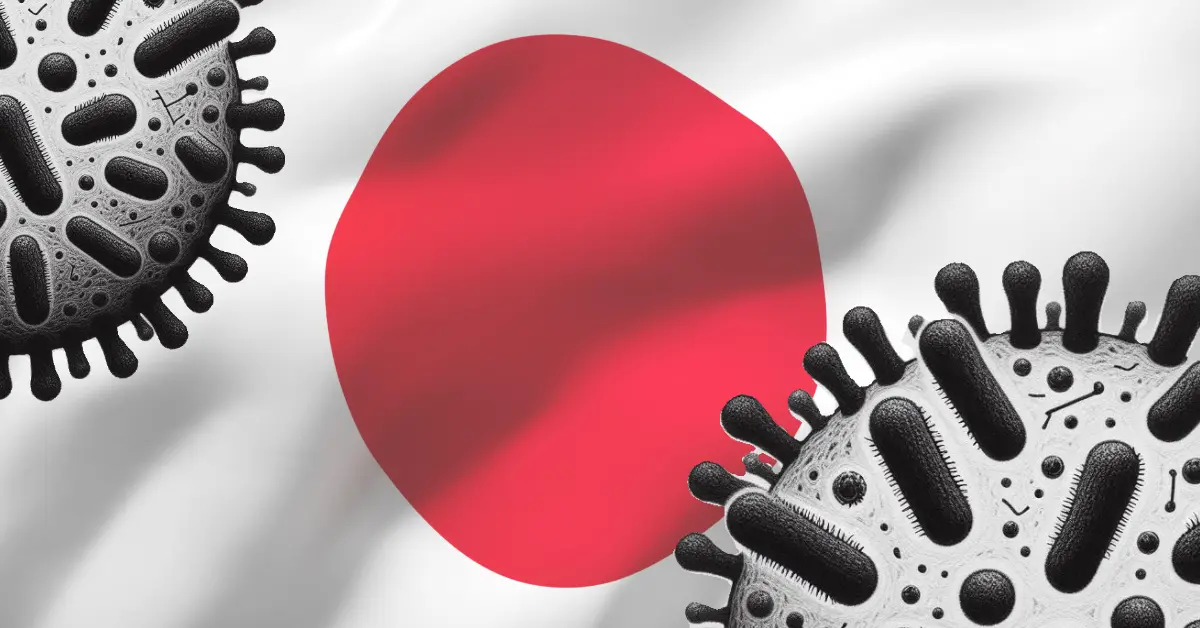Physical Address
W Sunrise St, Bisbee, Arizona 85603
Physical Address
W Sunrise St, Bisbee, Arizona 85603

In recent months, Japan has been grappling with a public health crisis of alarming proportions. A rare and deadly flesh-eating bacteria, known scientifically as Group A Streptococcus (GAS), has caused an outbreak of Streptococcal toxic shock syndrome (STSS). This condition has seen a surge in cases, with numbers reaching close to 1,000, overtaking the previous year’s figures.
Streptococcal toxic shock syndrome (STSS) is a severe bacterial infection that manifests rapidly and can lead to life-threatening conditions. It is caused by invasive strains of GAS, which are typically associated with milder infections like strep throat in children. However, these strains have the potential to cause severe systemic infections that can lead to shock and organ failure.
GAS is a bacterium that can reside in the throat or on the skin and is often harmless. However, certain strains can become invasive, entering the body through cuts or sores and releasing toxins that can cause severe illness.
The initial symptoms of STSS may include:
As the condition progresses, it can lead to:
Early diagnosis and treatment are crucial for survival. Diagnosis typically involves laboratory tests to identify the presence of GAS bacteria.
The outbreak in Japan has been characterized by its rapid progression and high mortality rate. With a fatality rate of approximately 30%, STSS can lead to death within 48 hours if not treated promptly. The sharp increase in cases has put significant strain on healthcare facilities and has prompted public health officials to issue warnings and guidelines for prevention and treatment.
Japanese health authorities have been actively working to contain the outbreak by:
The STSS outbreak in Japan serves as a critical reminder of the potential dangers posed by bacterial infections. It underscores the importance of vigilance, early detection, and rapid medical intervention in managing such public health threats.